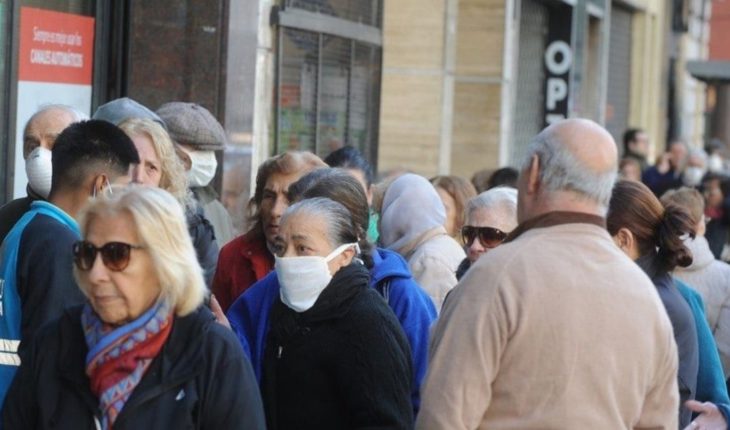The National Social Security Administration (Anses) announced that it will extend until June 30 the moratorium on the payment of loans granted by the entity to retirees, pensioners and social benefit holders, such as Universal Child Assignment (AUH) and others. For this reason, all payments of the corresponding fees were suspended until 30 June. In this way, the grace period for those who had taken out these loans will reach six months.
In December, the agency announced a grace period for the payment of the fees for the months of January, February and March. At the time, the official goal was to improve the pocket income of that social segment, while contributing to a recovery in aggregate demand to improve consumption and revive the economy. In March, with the emergence of the coronavirus pandemic, the goal of reviving consumption was modified to meet the most immediate needs. Retirees and social plan beneficiaries collected an extra $3,000 bonus and other mitigating measures were launched, such as the $10,000 Emergency Family Income (IFE) that AUH beneficiaries collected in early April.
Among these measures announced in mid-March, the entity led by Alejandro Vanoli extended the moratorium on the appropriations granted by the agency to the April and May quotas. Thus, the grace period which began on 1 January last and was due to end on 31 March, and which was subsequently extended until 31 May, will now be extended until 30 June, that is, for a total period of six months.
“This represents an effort by the national state of $8 billion pesos, reaching 5.6 million beneficiaries,” an Anses statement said.
Anses also reported that for all beneficiaries who took in appropriations from 26 March they will receive an extension of up to 24 months within the originally agreed deadlines. That is, if someone took out an Anses loan from March 26 to now to 12 months, they can extend it to 36 months and thus reduce the weight of the fee in their income.
Despite the economic constraints of the pandemic, the public body continues to provide loans to its beneficiaries only if they have never done so or if loans taken in the past have been cancelled in full. In this note:





